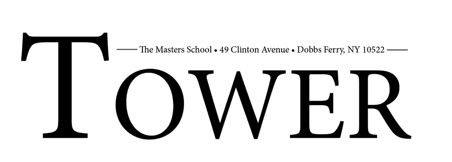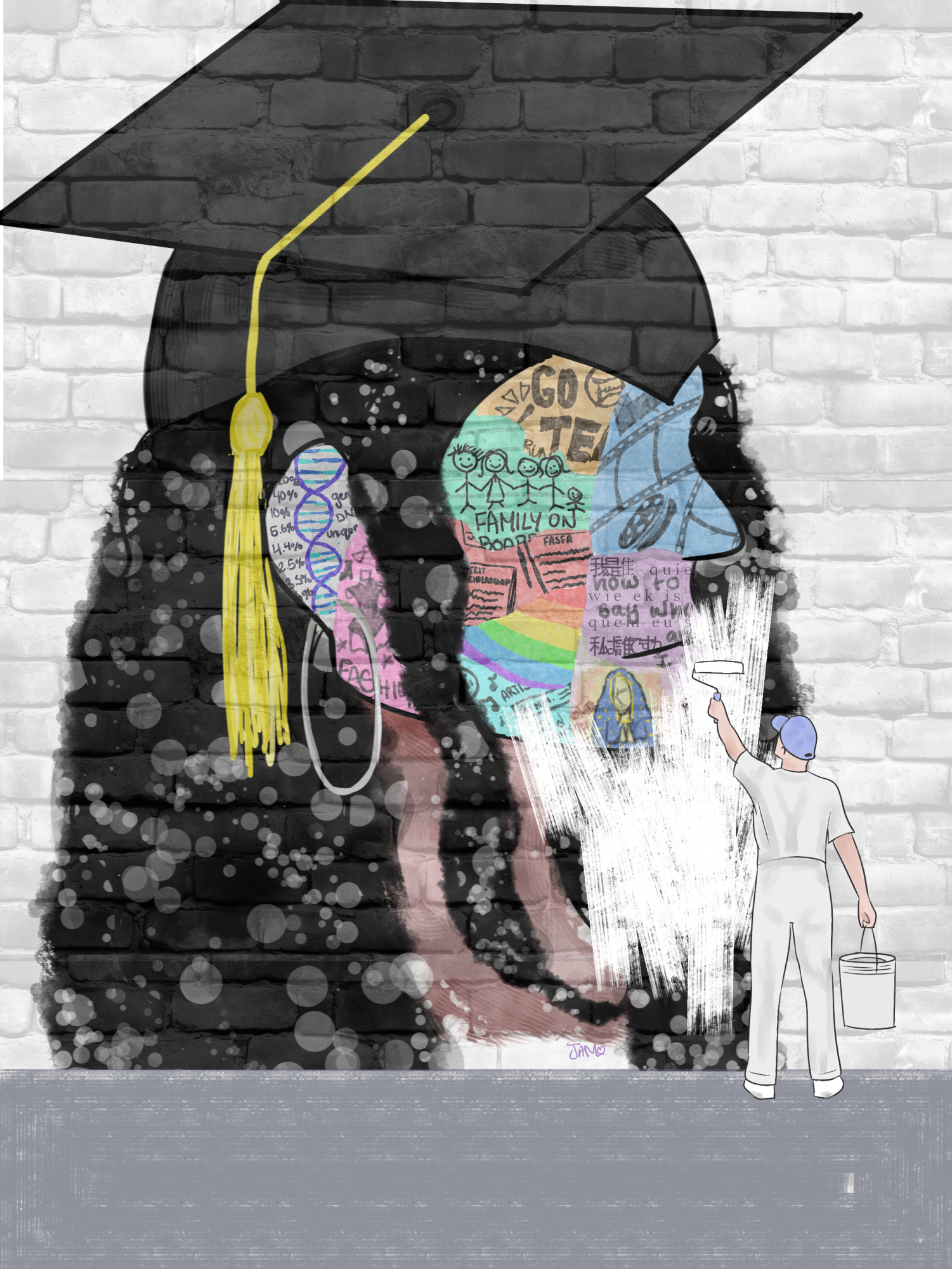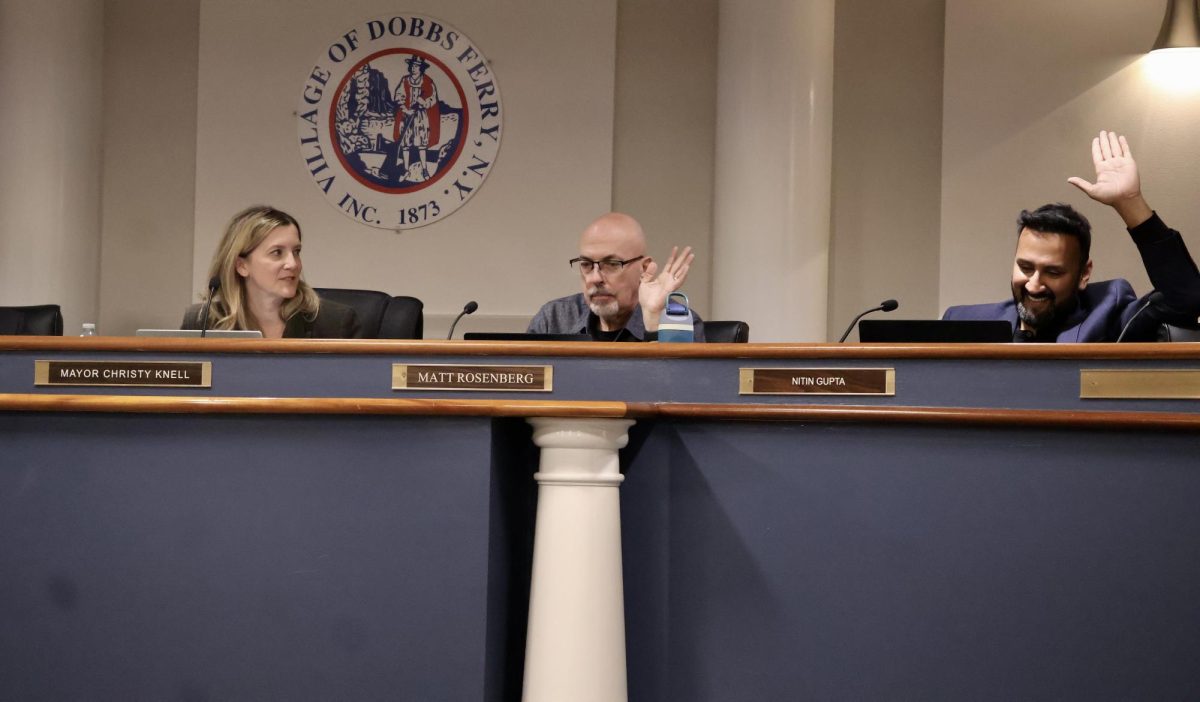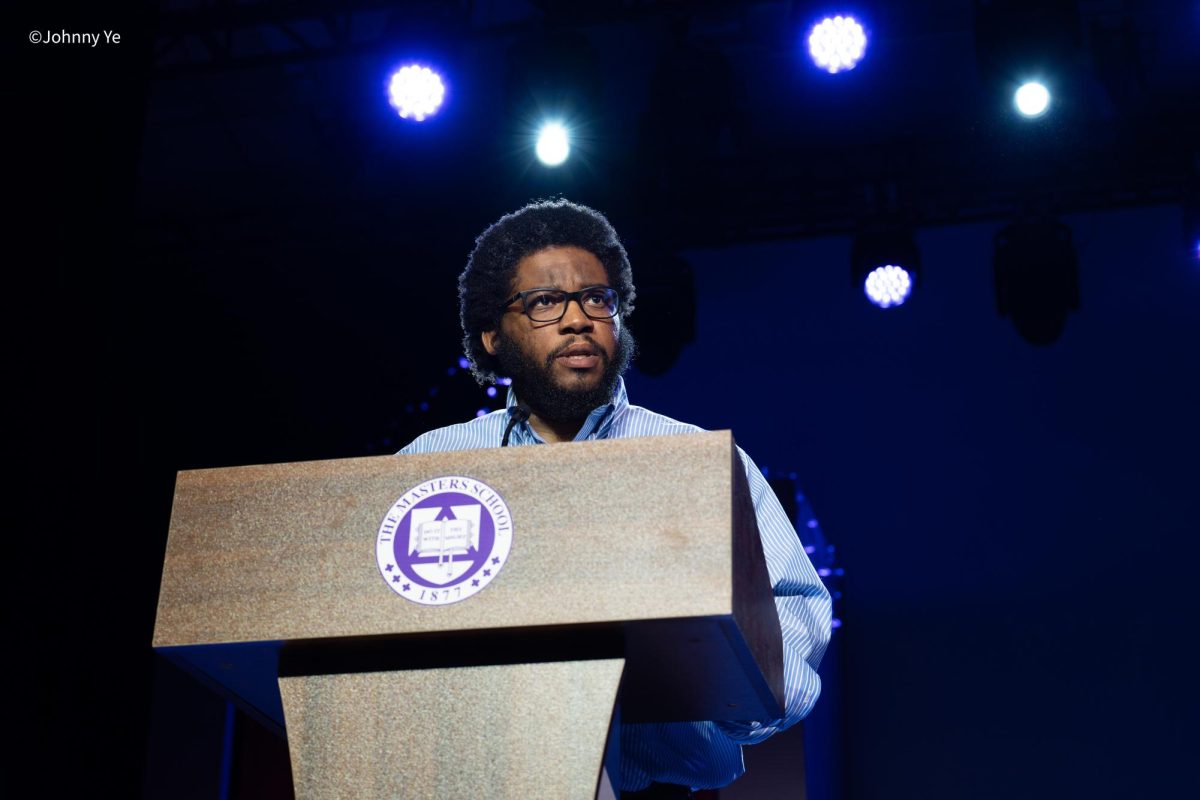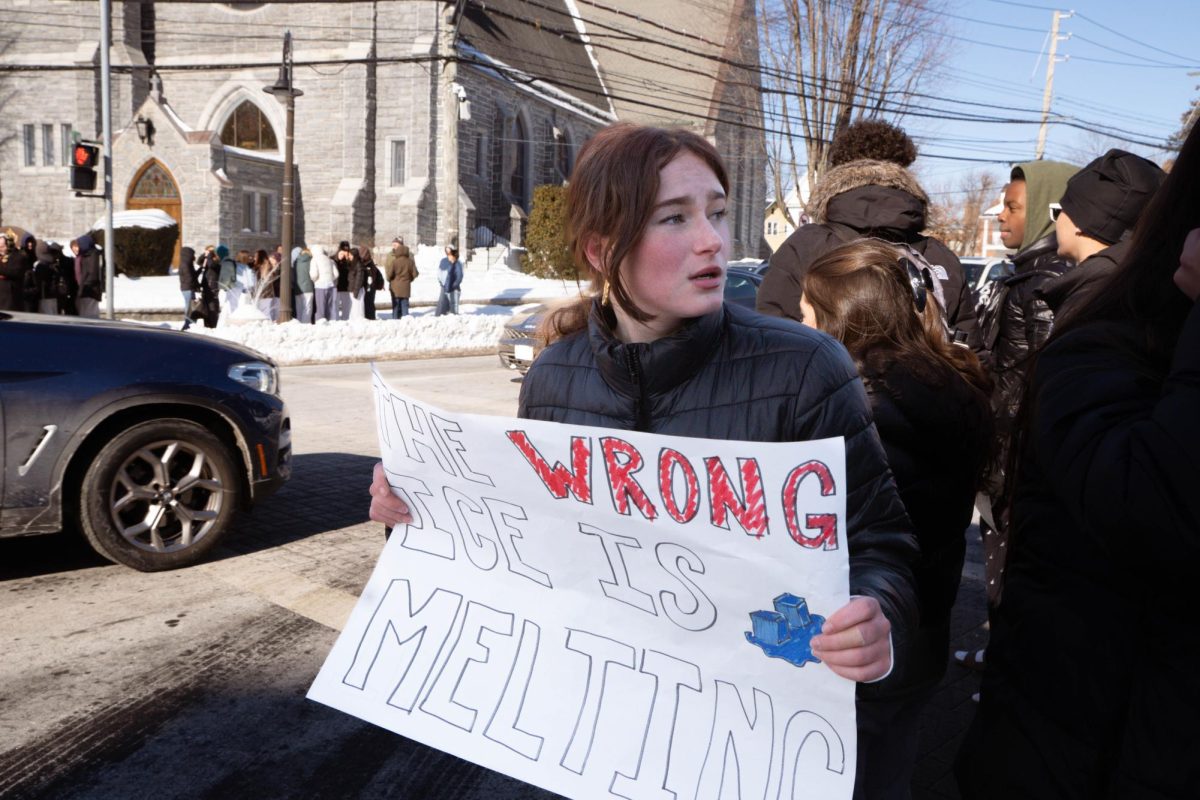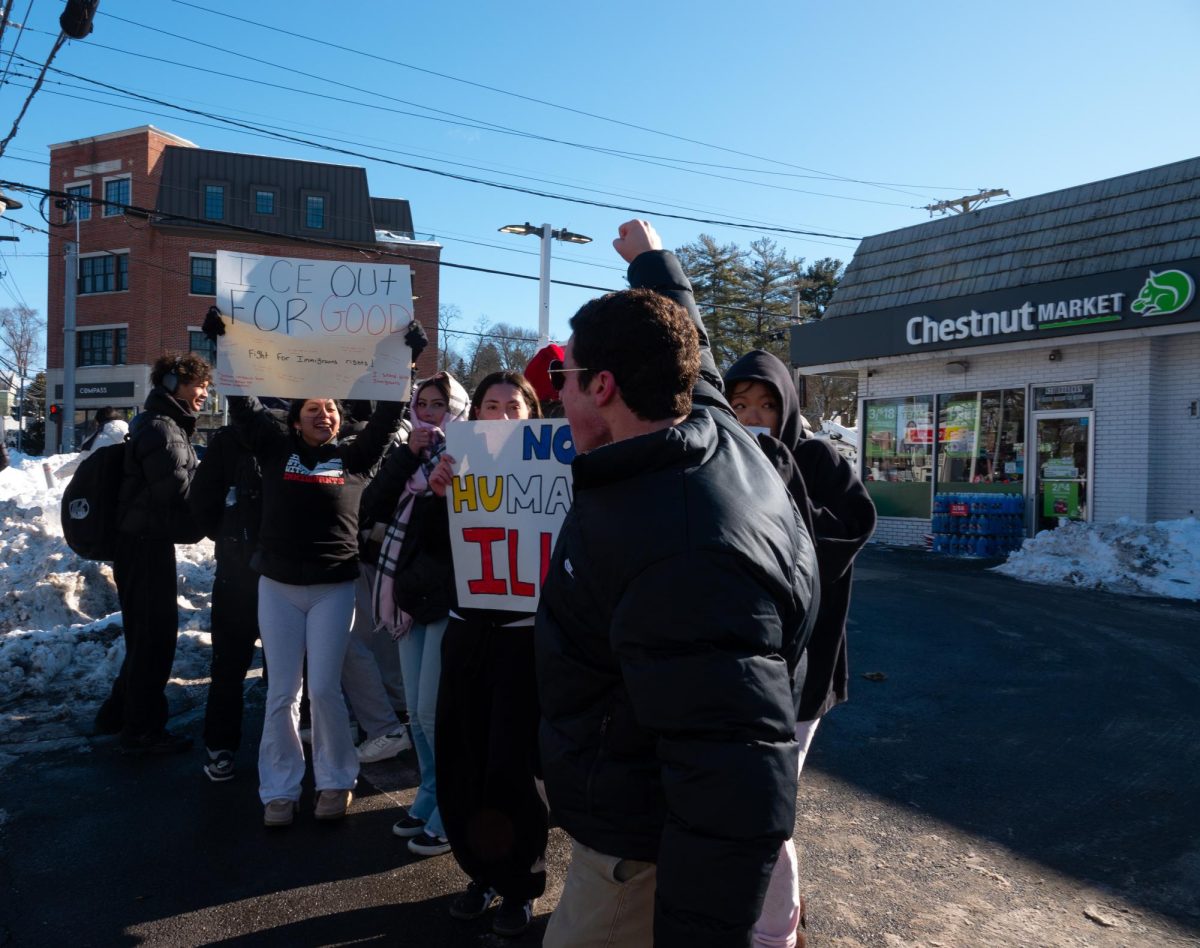As the 2024-2025 admissions cycle begins, students are grappling with a new reality: how to navigate the college admissions process without the support of race-based affirmative action.
When the Supreme Court banned race-based affirmative action in admissions in June 2023, students and colleges both scrambled to adjust to this new reality.
Now, more than a year later the effects of the Supreme Court ruling are arriving. In the past few weeks colleges have begun reporting their statistics on the diversity of the first class admitted post Affirmative Action and it paints a picture that many feared.
MIT was among the first to report on its class of 2028, showing a sharp decline in Black and Hispanic students: Black admissions dropped from 15% to 5%, while Hispanic admissions fell from 16% to 11%. Meanwhile, the number of Asian students increased significantly, and the proportion of White students remained steady. Similar patterns were reported at Amherst College and Brown University.
These statistics echo concerns raised since the end of affirmative action, but they don’t tell the whole story. At Yale, Princeton, and other schools, the numbers of Black and Hispanic admits remained relatively consistent.
Esperanza Borrero, dean for inclusive excellence, offered some insight into the statistics. “Nationally, the reports are that Black and Latino enrollment is down. Amongst White students, it’s roughly the same, and amongst Asian students, it’s slightly higher. And then to throw complexity into it, enrollment for students who would be classified or categorized as low-income has gone up. And so I think it’s a complex issue.”
The conflicting data has led many to question what the true effects of the Supreme Court’s ruling on affirmative action will ultimately be.
Adam Gimple, director of college admissions, offered his thoughts on the subject “ If you were to ask most higher education professionals, namely those that work in admissions, whether or not they wish they could bring in as racially and ethnically as diverse a possible incoming class as possible the vast majority of them would tell you they absolutely would want to prioritize different lived experiences and different perspectives.”
He went on to say “It’s really difficult, given the federal mandates now that when a student references in their application whatever their identity is, whatever it could be, that gets redacted from a federal perspective, which I think is hard.”
With the overturning of affirmative action students have had to change the way that they look at the college admissions process.
Juan Torres ‘25 provided more insight into the issue, “I think it has heightened the pressure to present yourself as a diverse candidate. There’s more pressure to talk about your identity, your race, and your background. My fear is that it will become a little bit more restrictive for students of color to enter colleges.”


